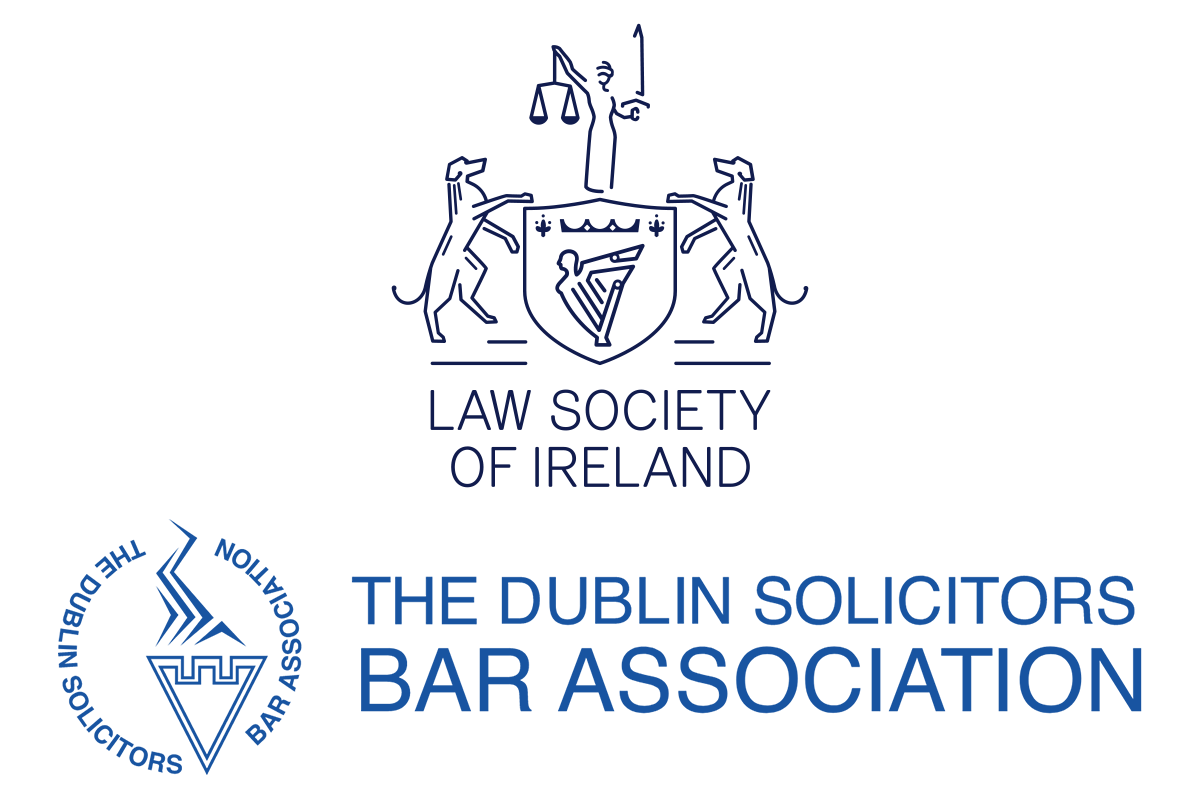A body part injury claim* seeks compensation when you are injured in an accident that was not your fault or not wholly your fault. A personal injury compensation claim* is for damages when you suffer any body part injury and its effects on your life.
There are many types of body part injury. You could injure a finger in an accident at work, injure your foot when walking on a public footpath or injure an eye in a road traffic accident, and you may have a body part injury claim*.
A personal injury compensation claim* can be for damages if you suffer one of the many types of body part injury in an accident. If someone owes you a duty of care, be it another road user, your employer, or a landowner, and they breach that duty of care, causing you an injury, you may have a personal injury claim*.
PBN Litigation Solicitors in Dublin have the expertise and that vital experience in all types of personal injury claims*.
We will look at your body part injury details and see if you have a valid personal injury compensation claim*.
Common body part injuries from a personal injury accident
Common body part injuries from a personal injury accident range from a broken ankle in a fall at work to a chipped tooth in a trip at the supermarket to a facial laceration in a road traffic accident. You claim for the effect of the injury today and in the future, such as chronic pain, being off work and the medical bills.
You may suffer life-changing injuries in an accident that was not your fault, and you could be able to claim compensation for the personal injury.
Some common types of body part injuries from a personal injury accident:
Injury to the hand
An injury to the hand could have you off work for some time and may affect your ability to drive, look after yourself and to care for others who rely on you.
The injury to the hand could be:
If you suffer an injury to the hand, you could have a body part injury claim* for compensation.
Injury to the fingers
An injury to the fingers can be very restrictive on your life and may affect your ability to exercise and care for yourself. It could also impact your job or ability to get to work.
Injury to the fingers can happen:
You may have a personal injury claim* for compensation when you suffer an injury to the fingers.
Injury to the arms and shoulders
An injury to the arm and shoulders may stop you from driving, restrict how you get to work, and leave you relying on the care of others.
You may suffer an injury to the arms and shoulders:
If you are injured in an accident that was not your fault, you could have a personal injury claim* for compensation.
Injury to the head
An injury to the head could be a life-changing one with severe, lasting pain, and you may face difficulties in work, exercise and in caring for yourself.
An injury to the head can happen:
A body part injury claim* can seek damages for the effects of the head injury on your life.
Injury to the neck
An injury to the neck could result in paralysis and the need for lifetime care. Even a slight neck injury may need intensive physiotherapy, with many medical bills to pay.
You may suffer a neck injury:
You may be able to seek compensation for the neck injury in a personal injury claim*.
Injury to the hips
An injury to the hips could get worse over time, and what may be only a niggle now could lead to a need for hip replacement surgery later in life. A hip injury can take time to heal and you should consider the lasting effects if you suffer one.
A hip injury often happens:
A personal injury claim* could seek compensation for the effects of the hip injury today and in the future.
Injury to the legs
An injury to the legs, such as a broken bone, scarring or torn ligaments, could stop you from driving, taking the kids to sports or even simple activities like shopping and exercising.
An injury to the legs can be:
A personal injury compensation claim* may seek damages for the effects of the leg injury after an accident.
Injury to the knees
An injury to the knees, such as ligament damage or a dislocated knee joint, may need complicated surgery with a long recovery time. Knee injuries often come back later in life and cause further problems.
A knee injury can happen:
You can seek personal injury compensation for an injury to the knees that was not your fault.
Injury to the ankle
An injury to the ankle, like torn ligaments, broken bones, or soft tissue bruising, can be very painful and could need rest for a full recovery. You may need time off work and face medical bills when you suffer an injury to the ankle.
An injury to the ankle may happen:
Your personal injury solicitor can advise you when you have a body part injury claim*.
Injury to the feet
An injury to the feet may restrict your ability to get about and could keep you off work while you recover. A foot injury may cause chronic pain and you could require care during the day.
An injury to the feet can be:
A body part injury claim* for compensation may help you recover damages after an accident that was not your fault.
Injury to the eyes
An injury to the eyes can be painful but could also cause blindness or long-term damage to the sight. The eyes are vulnerable to injury at work when socialising or driving.
Common injuries to the eyes:
A personal injury claim* can seek damages for the effects of the injury to the eyes on your life today and in the future.
Injury to the skin
An injury to the skin in a personal injury claim* often happens in a workplace accident or a hot liquid spill when eating in a restaurant. Scarring, chronic pain and skin grafts are common consequences of skin injuries.
You may suffer an injury to the skin when:
An injury to the skin can have a lasting effect, and you can seek compensation in a personal injury claim*.
Personal injury claims* for a body part injury can be for the effects of an accident that was not your fault. You claim for the effects today and in the future.
PBN Litigation Solicitors have the experience to take your personal injury claim* and get you the compensation you deserve.
Compensation for personal injury in Ireland
Compensation for personal injury in Ireland can be for a broken bone in your hand in a supermarket fall or after a car accident, resulting in leg injuries and facial lacerations. You claim for the effects of the injury today and in the future, such as the need for full-time personal care for life.
The compensation awarded in Ireland for personal injury differs depending on the injury or injuries you suffer, such as the consequences of scarring to the face or of losing a leg in a workplace accident.
Injury in a personal injury case could cause unnecessary pain and emotional stress. You could spend time in hospital and be unable to work or look after family members in your care.
There is not one fixed compensation award for any personal injury claim*. A personal injury solicitor can only give you an idea of what is possible when you suffer injury in a road traffic accident or a slip, trip and fall case.
Every compensation claim* is different. You may experience pain and suffering due to the accident, which could affect your ability to work, travel, and provide for your family.
With your personal injury claim*, you seek damages for the effect of the injury or injuries such as a broken bone in the arm or damaged hip joint today and in your future life.
PBN Litigation Solicitors can explain how the process works and how to make a claim for personal injury compensation.
How to make a claim for personal injury compensation
There are a few steps to follow when you make a claim for personal injury compensation in Ireland.
You must engage with the Personal Injury Assessment Board, PIAB as the first step in your claims process.
Making a personal injury claim* may seem daunting, but with the help of PBN Litigation Solicitors, you can navigate your way through what can be a difficult process.
The steps to follow when making a personal injury claim* in Ireland are:
What are the time limits for making a personal injury claim* in Ireland?
There is a two-year time limit for personal injury claims* in Ireland. You should start the process of engaging a solicitor and applying to the PIAB before the two-year limit is reached.
You should make the personal injury claim* immediately after realising you are suffering from it. The date of realising may be beyond the two-year limit in some cases, such as pain when walking becomes obvious years after you suffer injury in a car accident.
You could see another doctor with what you think is a different complaint, but they may see a path back to the road traffic accident or to falling down the stairs at work.
Parents can make a personal injury claim* on behalf of a child at any time until they reach 18 years of age.
Once a child turns 18, they have a two-year time limit to start a personal injury claim* from the date they realise what happened to them.
Start your personal injury claim* today
Start your personal injury claim* today by contacting PBN Litigation Solicitors.
If you have suffered from a road traffic accident or a slip, trip, or fall at work, then PBN Litigation Solicitors have the experience and expertise to manage your compensation claim*.
You, the client, are the one injured and in recovery. The last thing you should have to worry about is dealing with the PIAB or the courts when recovering from a personal injury.
PBN Litigation Solicitors can take on your case and work with you to get the compensation you deserve.
We pride ourselves in taking the stress out of personal injury litigation by providing a service dedicated to the client.
Contact PBN Litigation Solicitors today for all your personal injury compensation needs.

